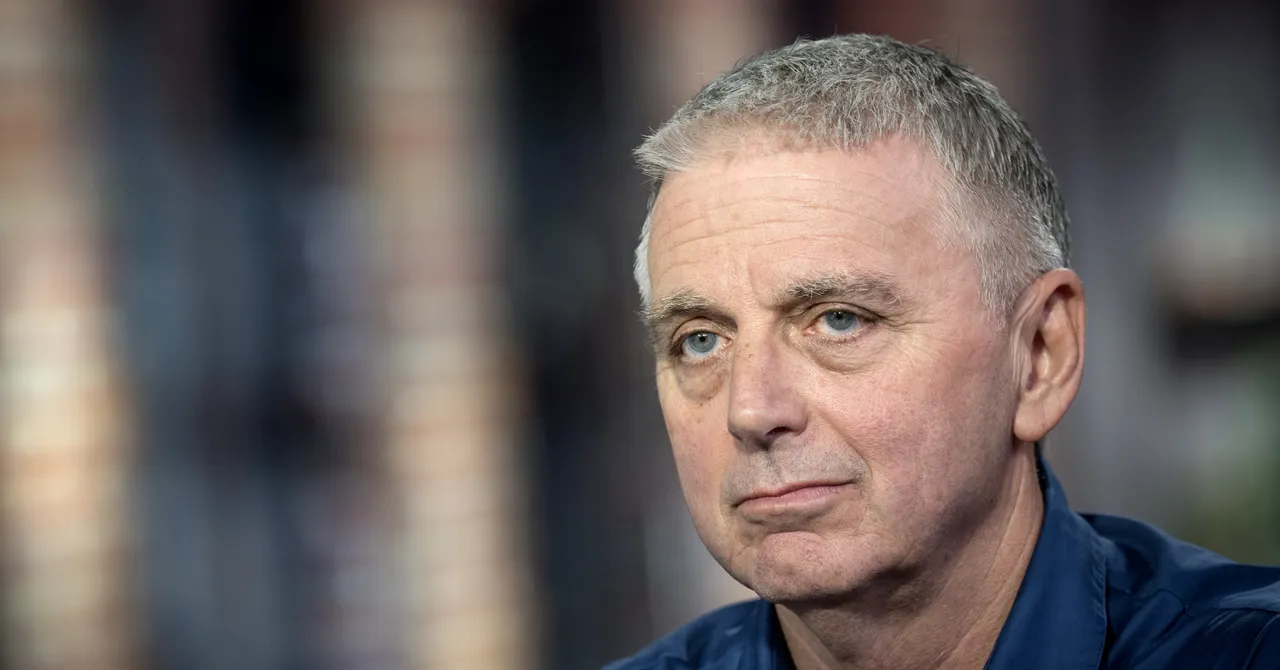In a shocking turn of events, Unity Technologies announced today that John Riccitiello, the long-standing president, CEO, chairman, and board member of the company, is stepping down with immediate effect.
This sudden departure comes in the midst of a massive controversy surrounding Unity’s recent announcement of install fees, which were later retracted due to intense backlash from the gaming community.
As Riccitiello exits the stage, James M. Whitehurst will take the reins as interim CEO, president, and board member, while Roelof Botha assumes the position of chairman.
The board of directors has initiated a search process to find a permanent CEO, signaling a significant shift in Unity’s leadership.
The company’s official statement did not elaborate on the exact reasons for Riccitiello’s departure, but the outgoing CEO expressed gratitude for his nearly decade-long tenure at Unity, emphasizing his dedication to the company’s growth and its thriving ecosystem of employees, customers, developers, and partners.
👋 @unity pic.twitter.com/mBCfb8li3z
— Mega Crit (@MegaCrit) September 13, 2023
The Catalyst for Controversy: The Runtime Fee Backlash
The controversy that ultimately led to Riccitiello’s departure began when Unity unveiled plans for a “Runtime Fee” on September 12.
This new pricing model intended to charge developers a nominal fee when a game, created using Unity’s engine, surpassed a specific threshold of revenue and installations.
The announcement sparked an immediate uproar within the gaming community, with developers and players alike voicing their discontent.
Unity attempted to quell the backlash by asserting that over 90% of its customers would remain unaffected by the new policy.
However, this reassurance did little to assuage concerns, as many saw it as a breach of trust between the company and its user base. The situation escalated, culminating in Unity retracting several key aspects of the Runtime Fee policy on September 22.
Riccitiello’s Controversial Legacy
John Riccitiello’s time as the head of Unity Technologies has been punctuated by various controversial moments, including a public apology to developers for his disparaging remarks about those who opposed microtransactions.
His tenure began in 2014 after leaving his position as CEO of Electronic Arts (EA).
Unity, a major player in the game engine industry alongside Epic’s Unreal Engine, remains a cornerstone for many renowned games, including Pokémon Go, Hollow Knight, and Genshin Impact. Nevertheless, Riccitiello’s sudden departure adds a layer of uncertainty to Unity’s future trajectory.
What Lies Ahead for Unity?
As Unity Technologies navigates this leadership transition, the gaming world watches with bated breath to see how the company will adapt and evolve.
The Runtime Fee controversy served as a stark reminder of the power of the gaming community and the importance of clear communication and trust between developers and their user base.
With James M. Whitehurst at the helm, and Roelof Botha as chairman, Unity faces the challenge of restoring faith in its brand and reinvigorating its vision for the future.
Unity remains a vital platform in the gaming industry, and its next steps will undoubtedly influence the direction of game development for years to come.
As Unity Technologies enters a new era, the gaming community eagerly awaits to see how the company will redefine its relationship with developers and users, and what innovations and changes lie ahead for one of the industry’s most influential players.

